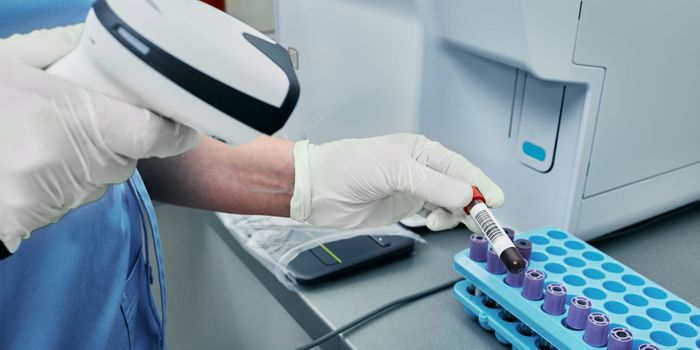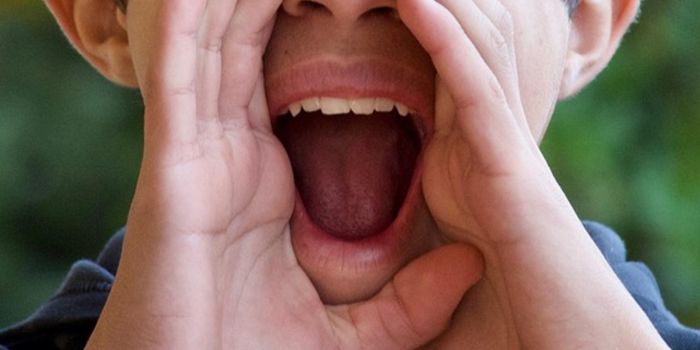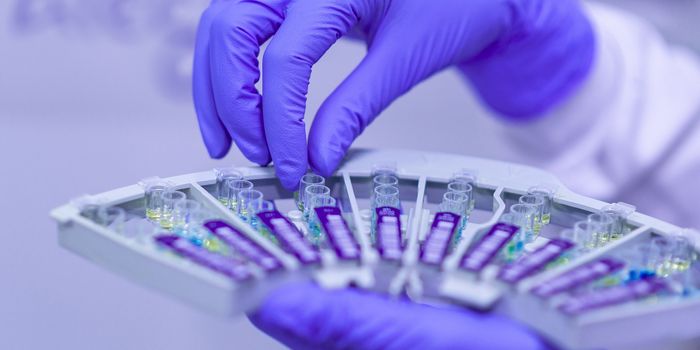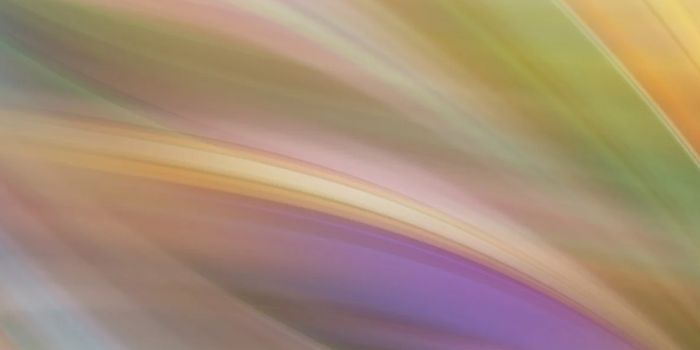Brain Cells Called Astrocytes Linked to Depression
Depression is thought to affect at least 264 million people of all ages worldwide, according to the World Health Organization (and this article discusses suicide; if you or someone you know is in crisis, contact SAMHSA’s National Helpline at 1-800-662-HELP (4357)). While there are some treatment options, they don't work for everyone, in part because we don't understand exactly how depression is caused at the biological level. New work has suggested that a type of cell in the brain called astrocytes, long thought to act mainly as a supportive network for neurons, are involved in the physiology of depression.
Scientists assessed the post-mortem brains of adults that had committed suicide, and compared them to the brains of people that did not have psychiatric problems and had died suddenly in other ways. Reporting in Frontiers in Psychiatry, the researchers identified differences in the cellular composition of the brains of depressed and non-depressed individuals.
"We found a reduced number of astrocytes, highlighted by staining the protein vimentin, in many regions of the brain in depressed adults," revealed the senior study author Naguib Mechawar, a Professor at the Department of Psychiatry, McGill University. "These star-shaped cells are important because they support the optimal function of brain neurons. Our findings confirm and extend previous research implicating astrocytes in the pathology of depression."
Clinical depression is defined by persistent feelings of sadness and a loss of interest or pleasure from once-enjoyable activities; it can lead to other emotional and physical problems.
"We analyzed the astrocytes in the brain by staining specific proteins found in their structure -- vimentin and GFAP. Vimentin staining has not been used before in this context, but it provides a clear, complete, and unprecedented view of the entire microscopic structure of these cells," explained Liam O'Leary, who was part of this work during his doctoral studies at McGill. "Using a microscope, we counted the number of astrocytes in cross-sections of the brain, enabling us to estimate how many were in each region. We also analyzed the 3D structure of over three hundred individual astrocytes for any differences."
Though there were not as many astrocytes, the structure of astrocytes in depressed individuals was very similar to the ones in healthy people.
"This research indicates that depression may be linked to the cellular composition of the brain. The promising news is that unlike neurons, the adult human brain continually produces many new astrocytes. Finding ways that strengthen these natural brain functions may improve symptoms in depressed individuals," said Mechawar.
This work could help scientists create new treatment options, but first, the findings will have to be confirmed in larger groups of people and should include female patients, which this study did not.
"Our study provides a strong rationale for developing drugs that counteract the apparent loss of astrocytes in depression," says O'Leary. "No antidepressants have yet been developed to target these cells directly, although the leading theory for the rapid antidepressant action of ketamine, a relatively new treatment option, is that it corrects for astrocyte abnormality."
"While this study is the most comprehensive so far, it was only conducted with samples from male patients. We want to widen this study to investigate samples from female patients since it is now known that the neurobiology of depression differs quite significantly between men and women," added Mechawar.
Sources: AAAS/Eurekalert! via Frontiers, Frontiers in Psychiatry









